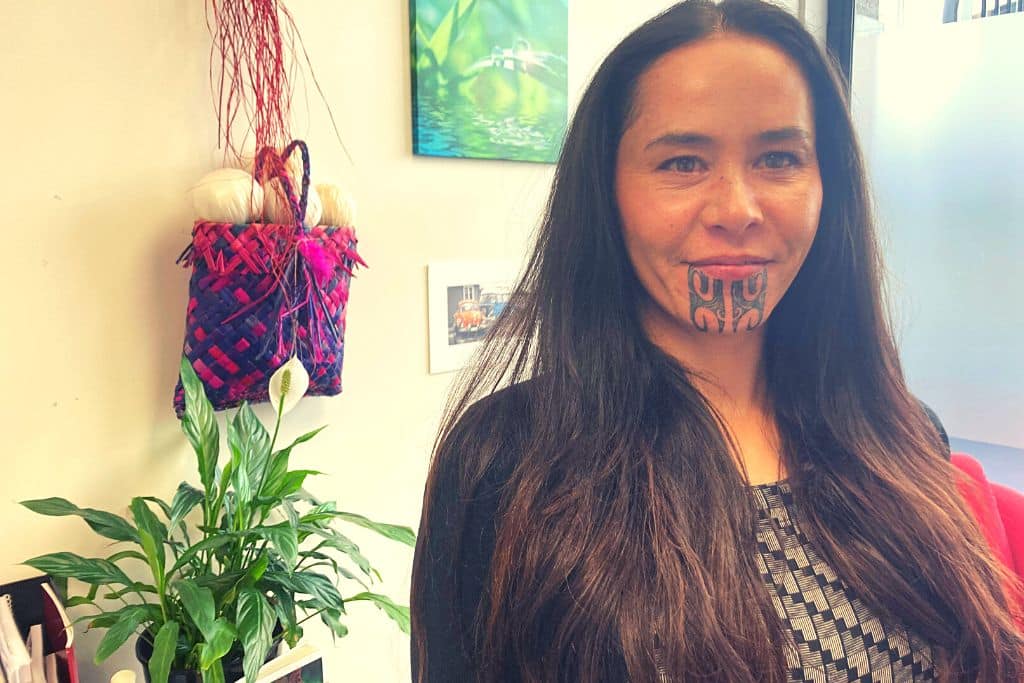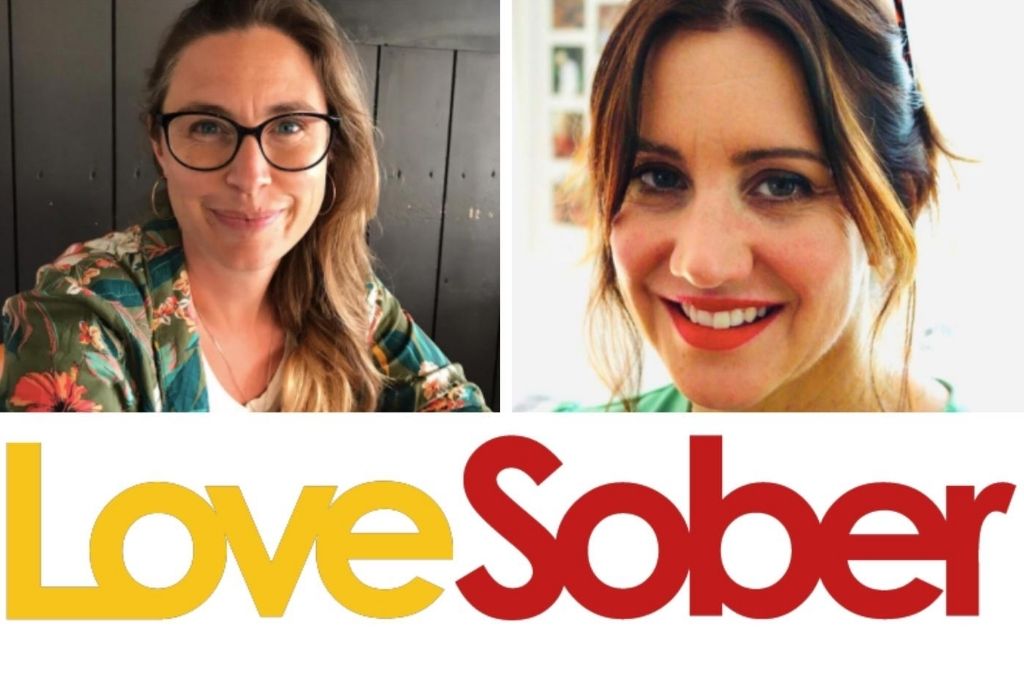Today’s expert is Sabien, a case manager and occupational therapist at the Nelson-Marlborough District Health Board’s Outpatient Addictions Service.
=============
Mrs D: What is Occupational Therapy?
Sabien: Occupational Therapy (OT) is client-centred, and is concerned with promoting health and well being through “occupation”. “Occupation” refers to all the sorts of activities we participate in during our day (self-care, leisure, work, play). The basis of OT is that wellness is linked to our involvement in meaningful and purposeful activity.
Mrs D: Right, so in order to achieve a good level of ‘wellness’ we need to get involved in positive activities. But that is so often easier said than done! I know when I first quit drinking I didn’t know what to do with all my free time..
Sabien: Well, OTs work alongside people to identify their strengths, and also to figure out any barriers that might be preventing them from participating in these occupations. For example, OTs might work with a child who has cerebral palsy or with a person recovering from a stroke to become as independent as possible; or with a person struggling with mental health issues that impacts their functioning in the community; or with an elderly person who wants to stay in their home as long as they can. In all of these cases, an OT’s role is to assess a person’s current level of function and work with the person to set goals regarding their desired function.
Mrs D: How can OTs specifically help someone who is recovering from alcohol addiction?
Sabien: We can work alongside a person recovering from alcohol addiction by identifying areas of (past/present/future) interest and helping you explore ways to re-engage in these activities. Like you say, people often report that the time they spent drinking (and planning and obtaining alcohol) is now not filled and that they don’t know or remember what they used to enjoy. Clients often state that they feel life is “boring” after stopping drinking (or they are afraid it will be boring). This feeling can lead to relapse for some.
Mrs D: How do you approach new client? What sort of checks and assessments do you do?
Sabien: My approach is to let them know that I am here for them, to support them in reaching their goals. Nobody is required to receive OT services. I have general “admission criteria” for working with a client. I prefer for them to be actively engaging with their case manager, but more importantly to have a desire to explore ways to spend their time. The kind of assessment I might do depends upon the client need. I am finding that the use of an Interest Checklist (copied at the bottom of this post) has been very helpful for clients. We have used this within our Relapse Prevention Group as well as one on one with clients.
Mrs D: It would seem to me that an Occupational Therapist is brilliantly placed to help with the longer term view of sobriety – i.e. beyond the ‘cravings and detoxing’ stage and into the ‘reshaping your life’ phase.. is that right?
Sabien: Absolutely, I totally agree. Some clients feel they need to “rebuild” their lives and may feel lost in how to do this. OTs can support the person to identify past roles and interest and explore possible new ones. OT also has a place when people are craving and in withdrawal especially in exploring the use of sensory based strategies to manage distress.
Mrs D: What are sensory based strategies?
Sabien: This is an area I have been involved in and passionate about for a number of years. We use the term “sensory modulation” which basically means that we can use our senses (taste, touch, smell, sight, hearing, movement) to help change (modulate) how we feel. We all use sensory based strategies although we may not be aware of this or think of it using this term. My routine in the morning (having a cup of tea, walking to work) is different than my routine at night (reading, taking a bath) as in the morning I am trying to “alert” myself to get ready for the day and in the evening, I am trying to “calm” myself to get ready for bed. Sensory modulation is not rocket science. My work with clients (and staff) is to increase awareness of the strategies that work for each of us (our preferences) and then look at how to incorporate these into our daily life. We sometimes use a “Distress Tolerance Checklist” to help identify helpful strategies.
Mrs D: What is a Distress Tolerance Checklist?
Sabien: The Distress Tolerance Checklist (a copy is inserted at the bottom of this post) is a tool used assist people in identifying strategies that are helpful when they are feeling distressed. The strategies are grouped by our senses. Once a person identifies what is helpful, they are then encouraged to practice using these strategies initially when they are not distressed so that when/if they become distressed (or stressed, anxious, upset…) the strategy is not new.
Mrs D: Many of us find that we have loads of extra time on our hands when we give up, and can end up feeling bored or lonely.. what could we be doing to help with those feelings?
Sabien: It can be helpful to stop and think about what you used to do, even when you were young. Our interests often stay the same over time even if we haven’t engaged in the activity for awhile.
We often get a sense of fulfilment and purpose by having a routine and structure to our day. It is about finding the right balance of activities that works for each individual.
Mrs D: How important is it that someone recovering from addiction gets busy with meaningful activities?
Sabien: I feel it is very important. Not only for the sense of purpose and meaning as I have mentioned, but being “distracted” can be quite helpful especially in the earlier stages of recovery.
Mrs D: How important is it that we create new routines & structures in our lives when we quit drinking?
Sabien: As I listen to clients in group or 1:1, they repeatedly say that this is one of the key factors in maintaining sobriety.
Mrs D: Is there a normal period of time that you would work with a person recovering from substance abuse problems?
Sabien: Not really to be honest. I tend to see a client for a session and then have them go away for 1-2 weeks to work on what we have talked about before we meet again. It is an on-going process.
Mrs D: What’s the best part of your job?
Sabien: Getting feedback from clients that the strategies they have developed have been helpful in their recovery journey!
Thank you for asking me to be part of “Ask an Expert”!







Thanks for your comment and I am so glad you found the information helpful.
So glad it was helpful!
Wow, I am so happy to read your post.
This was a really great interview and I have found myself already thinking about what I used to fill my time with before I started drinking wine all the time therefore before I started seeing the now Ex. I have started running again, started doing crochet again – made a pikachu toy last week over a couple of nights which kept my hands and mind focussed on a task, have also started taking more pride in my appearance again and have started trying out new healthy recipes as in losing myself I had also stopped caring about what I ingested and tended to just eat rubbish post having a couple of glasses of wine – now finding creating wonderful meals keeps me busy and is making me focus on ensuring healthy input into my body which I hope will help my mind stay nurtured and positive too 🙂 Have downloaded checklists as I know my weak points will be when I come up against severe anxiety, stress, disappointment and sadness – thank you so much for those so great to have a practical tool at hand 🙂
[…] was a great post recently on Mrs D’s website, where Sabien, an occupational therapist, gave her perspective on […]
Just wanted to say that things you focus on in this interview have been huge for me.
First I accidentally/unknowingly used sensory modulation in the early days. I started wearing a perfume that I wore when I got married. I showered (a lot) particularly in the evening which wasn’t my normal pattern but helped give me a different way of drawing a line in the sand between busy day and relaxing evening. Also it gave me space and blocked out the clutter of life.
Second – identifying things you enjoy has been a real challenge for me. I represent the “bored housewife/loss of identity” drinker! Have spent a lot of time wondering what it is that makes me tick. To be honest I don’t know but at least I have the headspace to wonder.
Distress management is my next challenge…slowly widening the little safe space I have created for myself as I build a new sober life.
Thanks for your expertise, will definitely use the checklist
I hope it helps!
That distress management checklist looks very helpful, after this evening. Thanks for sharing your expertise!